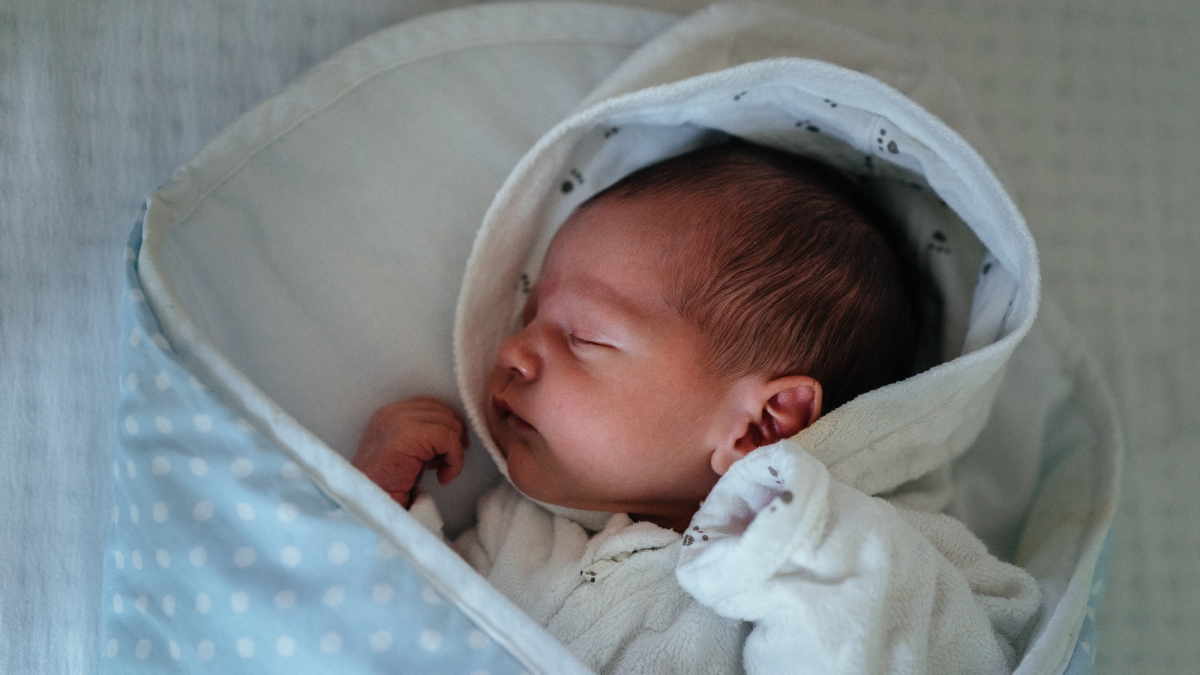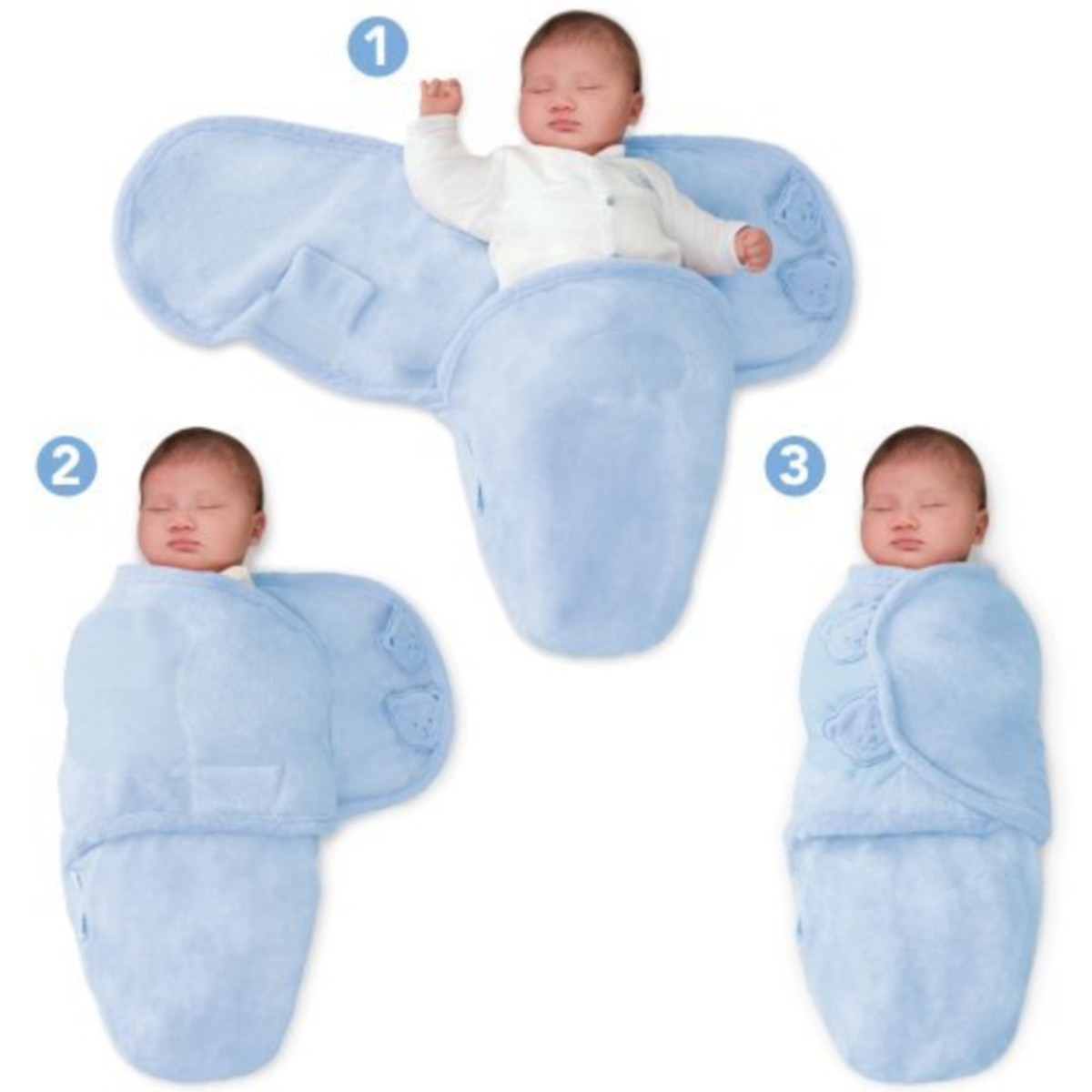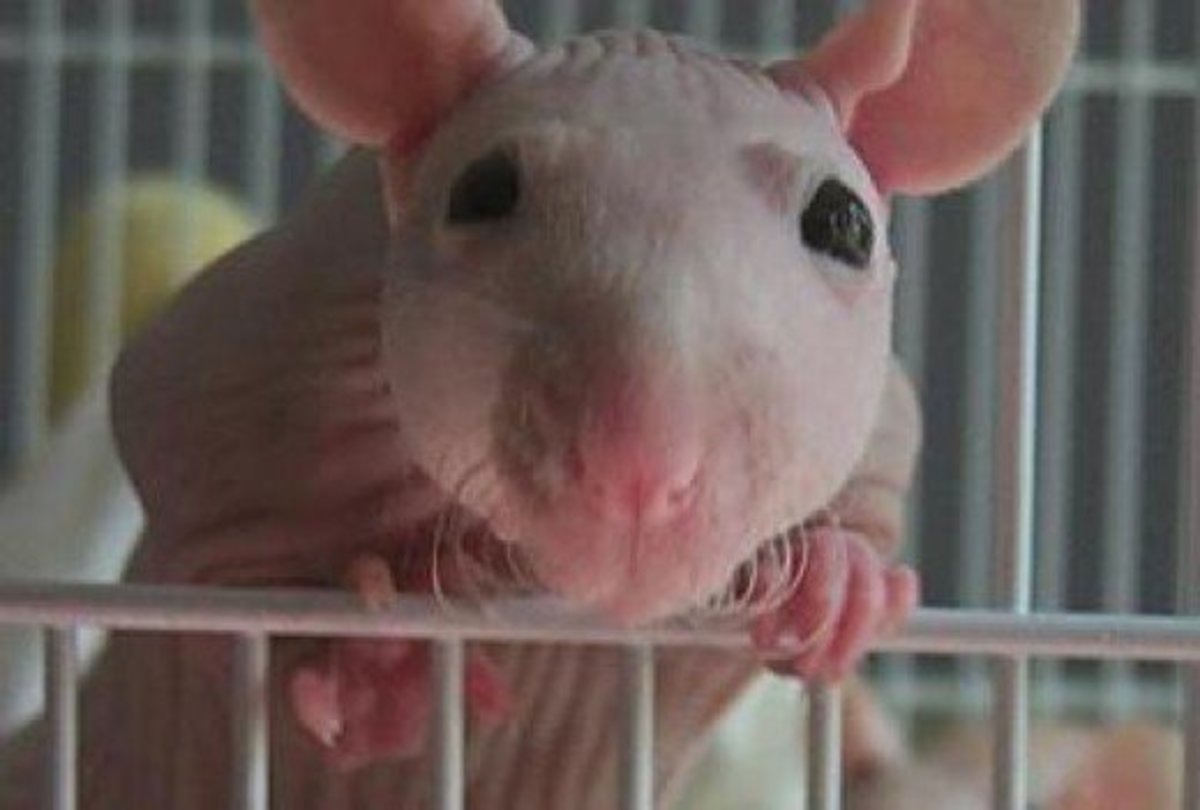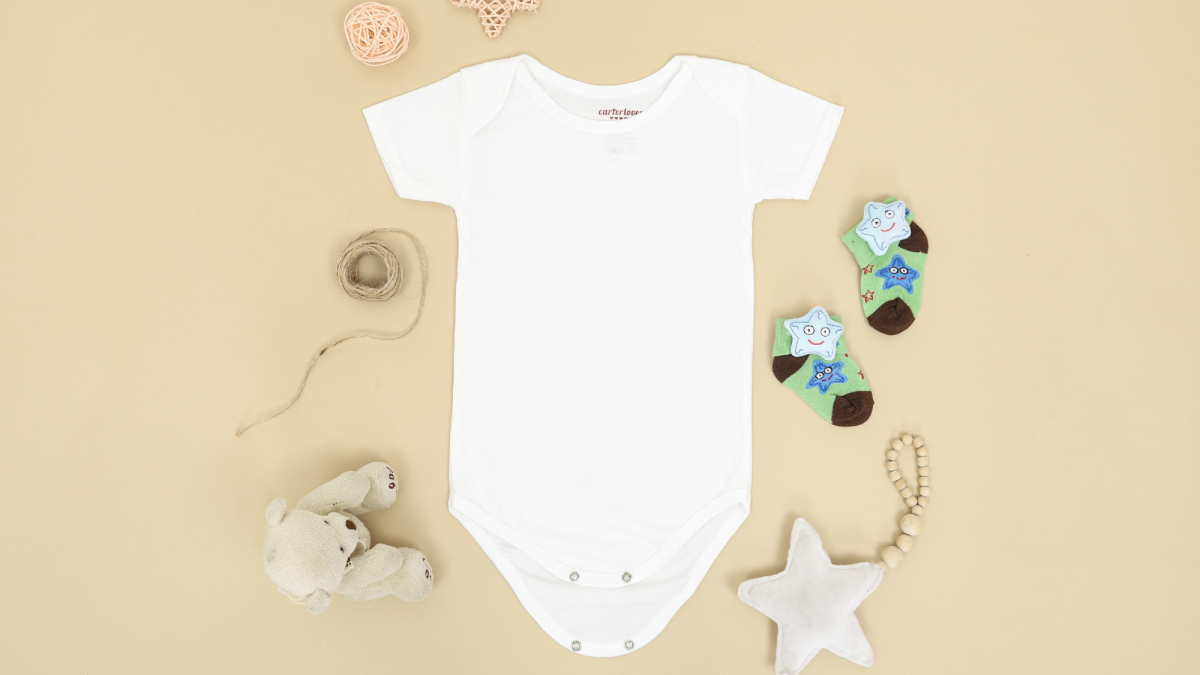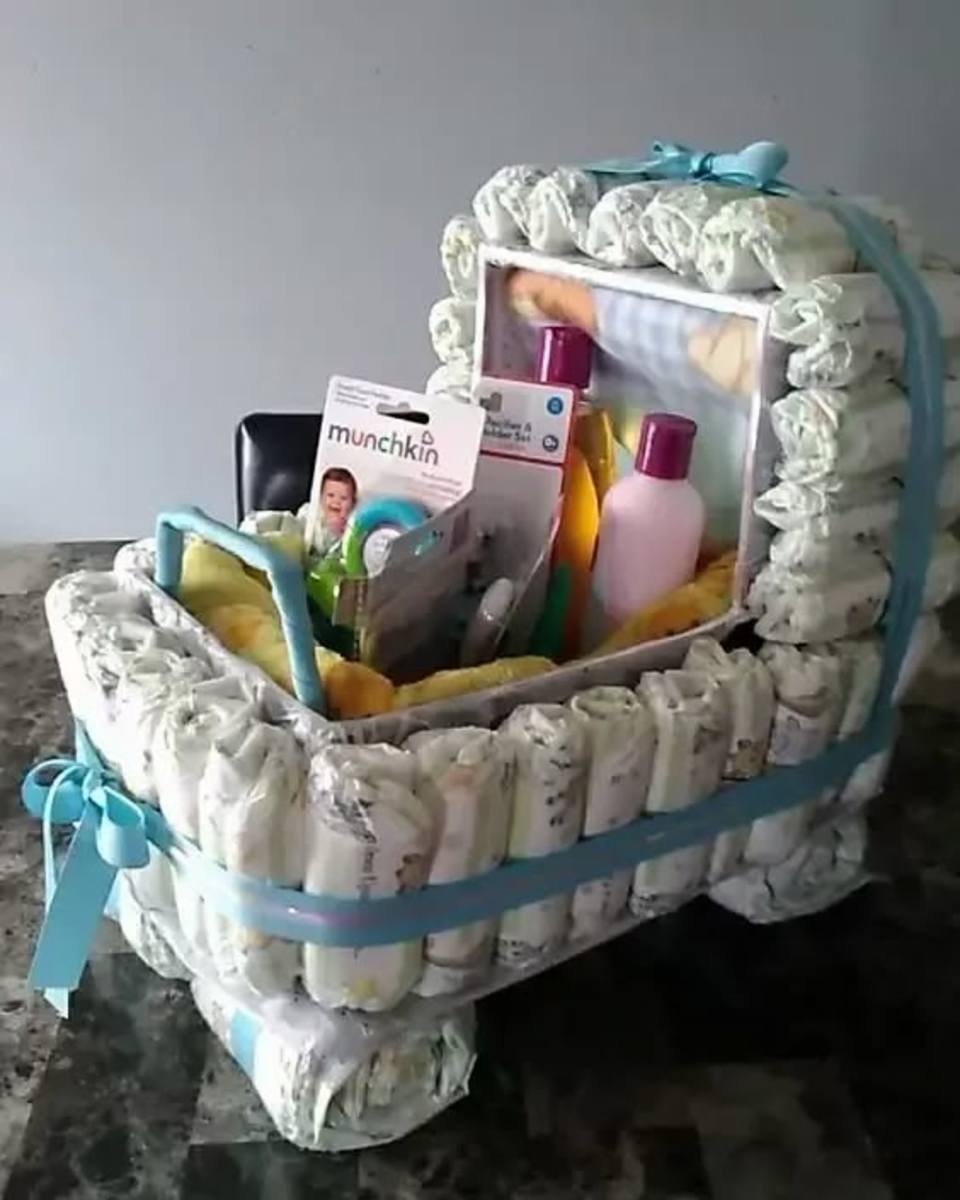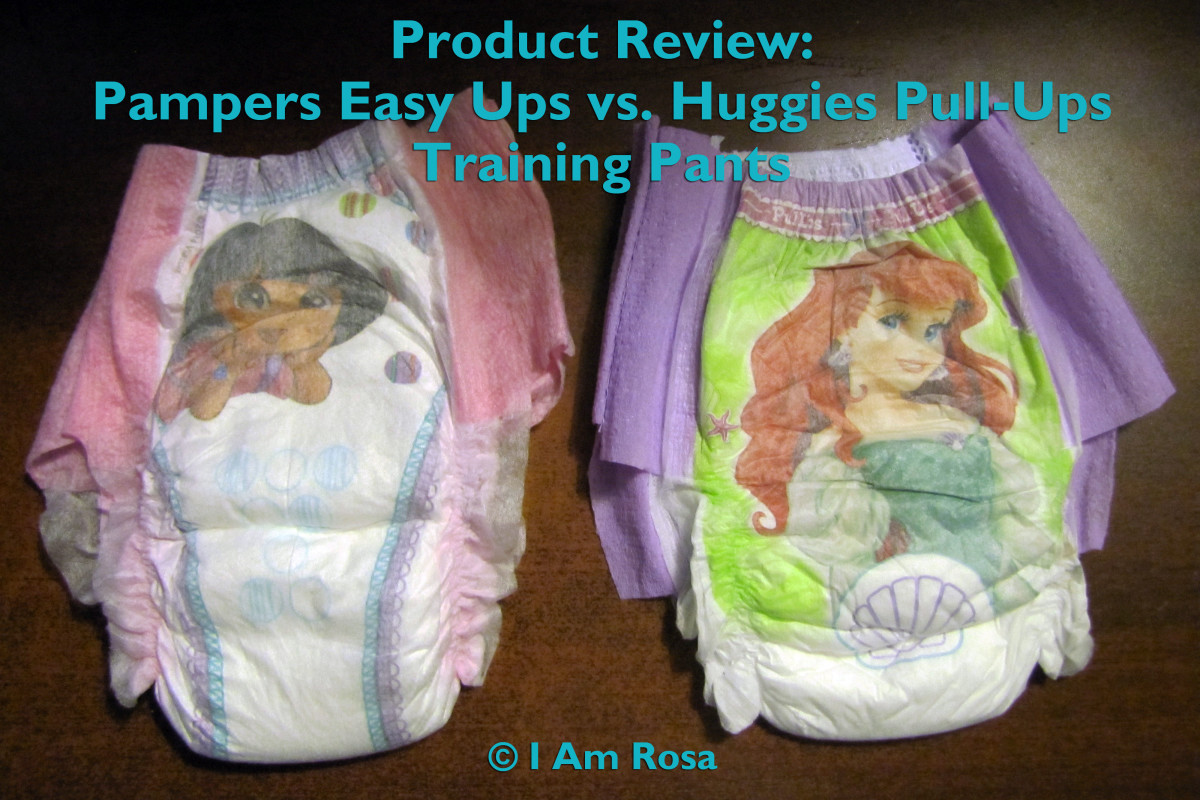Dos and Don'ts: A Helpful Guide for Newborn Baby Care
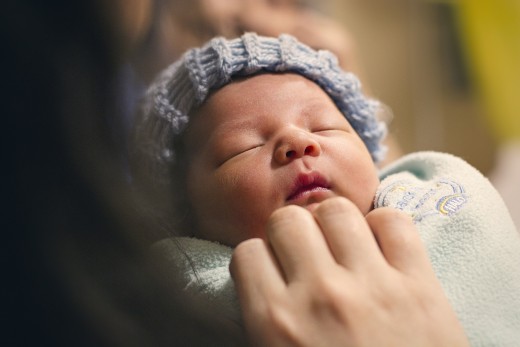
The Most- Awaited Moment
Are you among one of the first-time mom who has tons of questions flooding in your mind?
Being a new mom will take you a lot of first so you have to get yourself well prepared because a new life is depending on you. It's indeed a big responsibility but worry not because there are people who are willing to assist you in your journey.
Upon your delivery, there are your doctors and nurses who can give you directions on how to care for your newborn. Don't be ashamed to ask necessary questions regarding your baby. They are there to help you as you adjust to the demands of your baby.
Some first-time moms have their mother or mother-in-law with them which makes welcoming motherhood a breeze. They have enough wisdom to share with you from soothing a crying baby, bathing, feeding, changing diapers, everything you need to know when it comes to taking care of your baby. You can call them anytime when the need arises.
You may also get a lot of unsolicited advice from your relatives and friends but, make certain that it is based on facts. Hence, you should also do your personal research for your baby's safety.
Check out these Dos and Donts for your baby care needs.
1. Do ensure that you have clean hands when touching the baby.
Babies are very delicate and susceptible to germs, so you need to guarantee that before holding your baby, you or other people wanting to hold your baby should have clean hands. Sanitize or wash hands before holding the baby especially if you have gone to the bathroom or do a diaper change.
2. Don't let other people kiss your baby on the lips for sanitary and safety precautionary measures.
Viral infections are common in babies such as a cough and cold which he can get from a kiss because babies do not have a strong immune system.
3. Do support your baby's head, neck, and back in carrying your baby.
Support your baby's head, neck, and back in carrying your baby to prevent unintentional fall which can cause bone injuries because newborn babies can't carry their heads since it is the heaviest part of their body.

4. Don't shake your baby or throw him in the air.
Don't shake your baby or throw him in the air to prevent brain damage or even death. According to Dr. Ben-Joseph rough play is not advisable for babies even though they seem to like it.
5. Do feed your baby based on his demand or every two to three hours.
Either your breastfeeding or bottle feeding, you must make sure that your baby gets enough milk. Monitoring his wet diapers is the key if you are breastfeeding. He should have at least four to five wet diapers in a whole day.
For bottle feed babies you must ensure that the bottles are sterilized and cleaned before using to avoid bacterial infection for your baby.
6. Don't forget to burp your baby after every feeding to deter him from being fussy.
Burp your baby by putting him in an upright position with his head on your shoulder and pressing his back gently until you hear a burping sound. Sometimes you need to be patient because it may take longer to do so and there are also times that baby doesn't burp but it's alright as long as he is not fussy.
7. Do clean the umbilical cord until it dries up
Keeping the umbilical cord dry after baby's bath will make it fall off naturally. It usually takes six days to two weeks.
8. Don't leave your baby unattended when bathing.
Prepare all the things the baby needs when bathing so you don't have to leave your baby unsupervised.
Do check the water temperature. It should not be too warm or too cold. Use your elbow to test it.
9. Do talk, sing or read a baby a story to stimulate his brain.
Talk, sing or read a baby a story to stimulate his brain. Dr. Cunningham, a psychologist from ABM University in Florida, says it helps in baby's mental development. Additionally, this is also a great bonding experience for you and your baby.
10. Do swaddle your newborn.
Swaddle your newborn when sleeping to reduce the risk of Sudden Infant Death Syndrome, or SIDS. Also, do not place stuffed toys or loose blanket near your baby to keep him safe. Swaddling could be done until the baby is two months old.
Most likely your baby will tell you from his reactions what's best for him so you should observe it. Please give your comments on what tips you have done from the above or you can also share more insights for our new or expecting moms out there.

